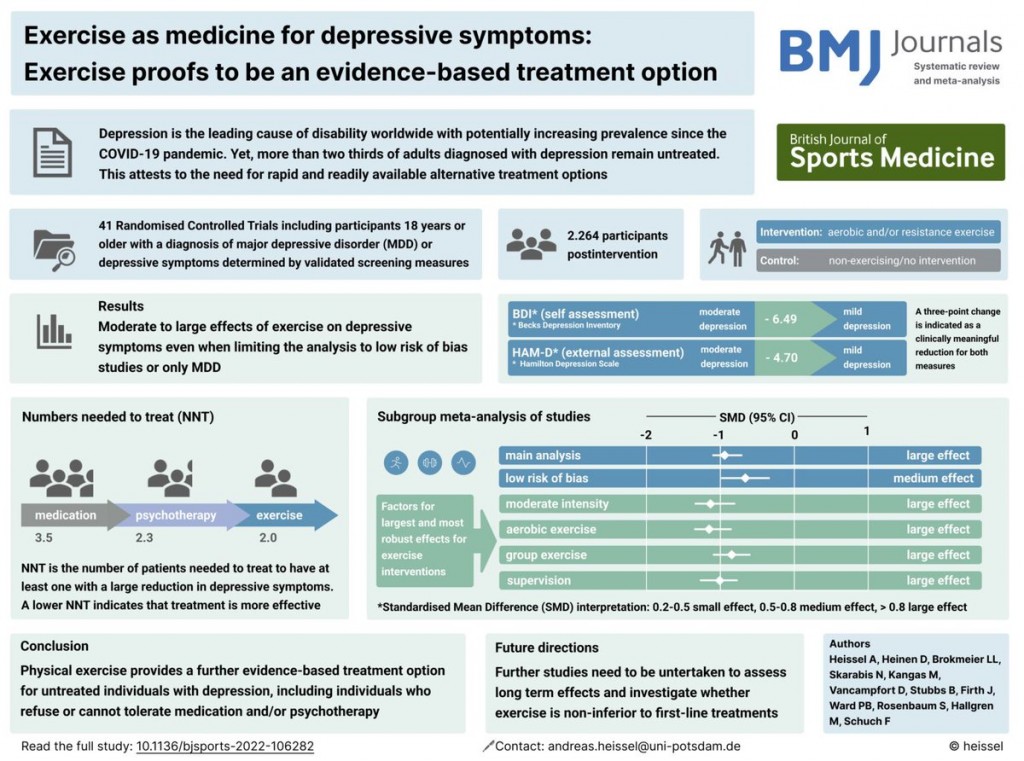The practice of mindfulness can be extremely helpful in focusing on one’s positive qualities and maintaining concentration on what is beautiful and significant in one’s life. Here is a potential mindfulness program to remain focused on the beautiful aspects of oneself:
- Breath Awareness - Start with a practice of mindful breathing. Find a quiet place, sit or lie down comfortably, and bring your attention to your breath. Notice how the air enters and leaves your body. This helps calm the mind and enter a state of presence in the present moment.
- Recognizing Positive Thoughts - Throughout the day, pay attention to positive thoughts about yourself. When thoughts of appreciation, gratitude, or self-love arise, take a moment to acknowledge them without judgment. You might jot them down in a journal to keep track of them.
- Practice Gratitude towards Oneself - Dedicate time each day to reflect on at least three things you love about yourself or are grateful for. They could be skills, personal qualities, relationships, or even small daily successes. Focus on how these positive aspects influence your life.
- Active Listening and Compassion - When interacting with others, practice active listening. Pay attention to what they say that’s positive about you or your actions. Even if they might be small things, accept them with gratitude and compassion toward yourself.
- Mindfulness in Movement - During daily activities like taking a walk, stretching, or doing household chores, be aware of your body’s movements and the sensations you experience. This helps you maintain awareness of the present moment and appreciate your physical abilities.
- Mindfulness in Leisure Time - When you have free time, dedicate it to yourself without external distractions. You can practice guided meditation, listen to relaxing music, read an inspiring book, or engage in activities that connect you with yourself and your passions.
- Daily Self-Reflection - Before going to bed, take a few minutes to reflect on the day that just passed. Observe and acknowledge the moments when you cultivated positive thoughts about yourself or practiced gratitude. This practice can help reinforce a positive mindset.
- Positive Visualization - Set aside time each day for visualizing yourself in positive and rewarding situations. Imagine yourself achieving your goals, feeling fully happy and fulfilled. This practice can help you create an emotional connection with your desires and goals, reinforcing a positive mindset.
- Cultivating Kindness Toward Oneself - Practice kindness toward yourself as you would with a dear friend. When facing difficulties or moments of self-criticism, be compassionate and kind to yourself instead of judging yourself harshly. Use reassuring and loving phrases to support yourself in challenging times.
- Creating an Inner Safe Space - Dedicate time each day to create an internal space of calm and serenity. This can be done through meditation, visualization, or repeating positive affirmations. This internal space becomes a place where you can retreat when you need to renew your energy and strengthen your self-confidence.
Remember that the practice of mindfulness requires time and consistency. Maintaining a kind and compassionate attitude toward yourself is essential. This program can be adapted and personalized according to your individual needs and preferences.”





